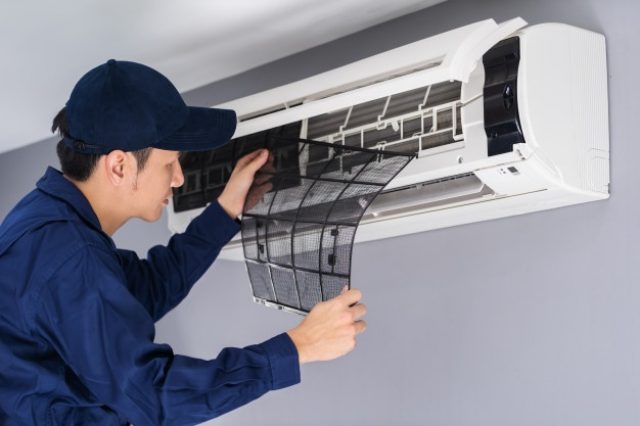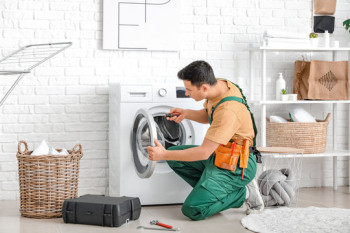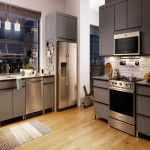AC Maintenance Tips
Proper maintenance of your air conditioning (AC) unit can enhance its efficiency, extend its lifespan, and prevent costly repairs.
1. Regular Filter Replacement:
Frequency: Check the filter every month, and replace it at least every 1-3 months, depending on usage and the type of filter.
Types of Filters: Use high-quality filters for better air quality and improved efficiency.
2. Clean the Coils:
Evaporator Coils: Located inside the indoor unit, these should be cleaned annually to remove dust and debris that reduce efficiency.
Condenser Coils: Found in the outdoor unit, these should be cleaned at least once a year. Ensure the area around the unit is clear of leaves, dirt, and other debris.
3. Check the Coil Fins:
Fin Straightening: The aluminum fins on evaporator and condenser coils can bend, blocking airflow. Use a fin comb to straighten them.
4. Inspect the Condensate Drain:
Regular Checks: Ensure the condensate drain is not clogged. A blocked drain can cause water damage and affect humidity levels.
Cleaning: Use a stiff wire or a wet/dry vacuum to clear the drain.
5. Maintain the Area Around the Outdoor Unit:
Clear Debris: Keep at least 2 feet of clearance around the unit to ensure proper airflow.
Shade: If possible, place the unit in a shaded area to improve efficiency.
6. Check the Thermostat:
Calibration: Ensure the thermostat is calibrated correctly and reading the temperature accurately.
Upgrades: Consider upgrading to a programmable or smart thermostat for better control and energy savings.
7. Inspect Electrical Components:
Connections: Check electrical connections and tighten any loose connections.
Capacitors and Contacts: Inspect capacitors and contactors for signs of wear and replace them if necessary.
8. Lubricate Moving Parts:
Motors and Bearings: Lubricate the motor and blower bearings to reduce friction and wear.
9. Check Refrigerant Levels:
Leaks: Ensure there are no refrigerant leaks. Low refrigerant levels can indicate a leak that needs professional repair.
Topping Up: If refrigerant levels are low, have a professional top up the refrigerant to the correct level.
10. Ductwork Maintenance:
Inspection: Inspect ductwork for leaks and seal any gaps with duct tape or mastic sealant.
Cleaning: Consider professional duct cleaning if there is significant dust buildup or mold growth.
11. Regular Professional Maintenance:
Annual Tune-Up: Schedule an annual maintenance check with a professional HVAC technician to ensure all components are functioning properly and efficiently.
12. Monitor Performance:
Efficiency: Keep an eye on your AC's performance. If you notice it’s not cooling as effectively or the energy bills are higher than usual, it might need servicing.
Noise: Listen for unusual noises, which could indicate a problem with the fan, motor, or other components.
13. Keep Vents Open and Unblocked:
Airflow: Ensure all vents and registers are open and unblocked by furniture or other objects to maintain proper airflow throughout your home.
14. Clean the Unit:
Exterior: Regularly clean the exterior of the indoor and outdoor units to remove dust and dirt.
15. Use It Wisely:
Temperature Setting: Set your thermostat to a reasonable temperature. During the summer, 78°F (26°C) is recommended when you’re at home, and higher when you’re away.
Ceiling Fans: Use ceiling fans to help circulate air and reduce the load on your AC unit.
By following these maintenance tips, you can keep your AC unit running efficiently, ensure a comfortable indoor environment, and avoid unexpected breakdowns. Regular maintenance not only improves performance but also helps extend the lifespan of your air conditioning system.





